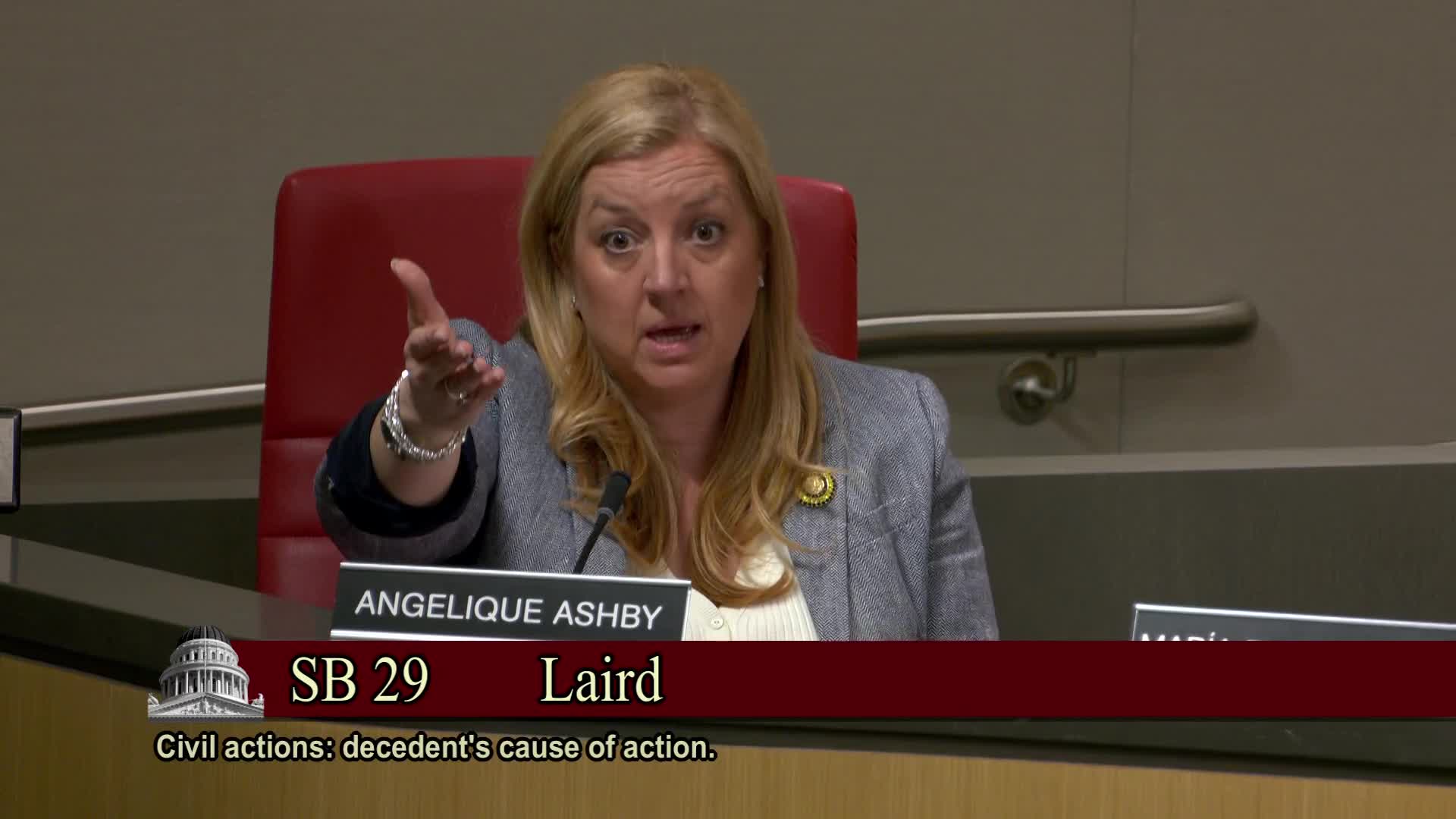Article not found
This article is no longer available. But don't worry—we've gathered other articles that discuss the same topic.
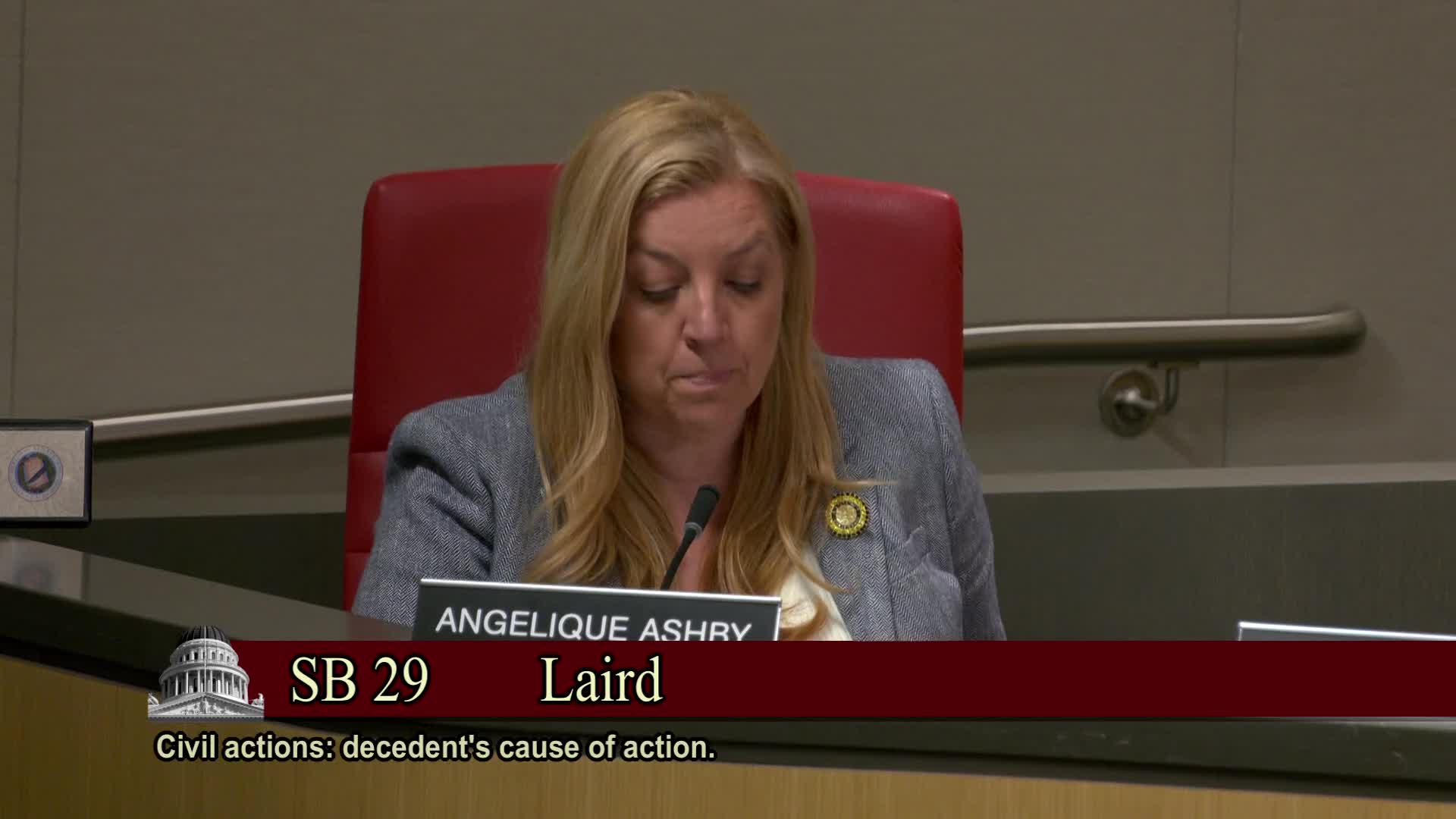
Panel advances SB 11 to restrict nonconsensual AI-generated likenesses and require provenance warnings
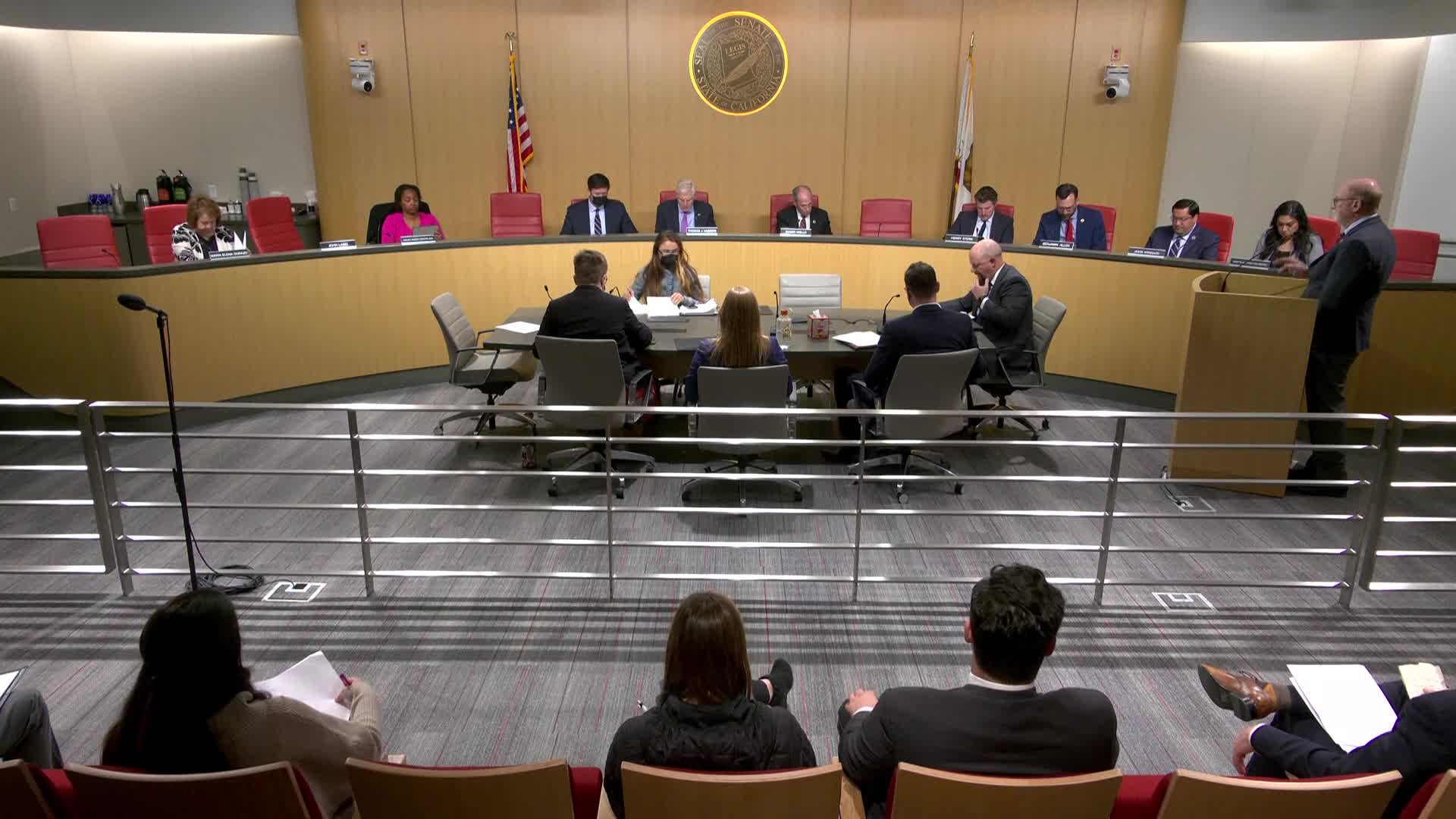
Senate subcommittee advances bill to make pain-and-suffering survival damages permanent
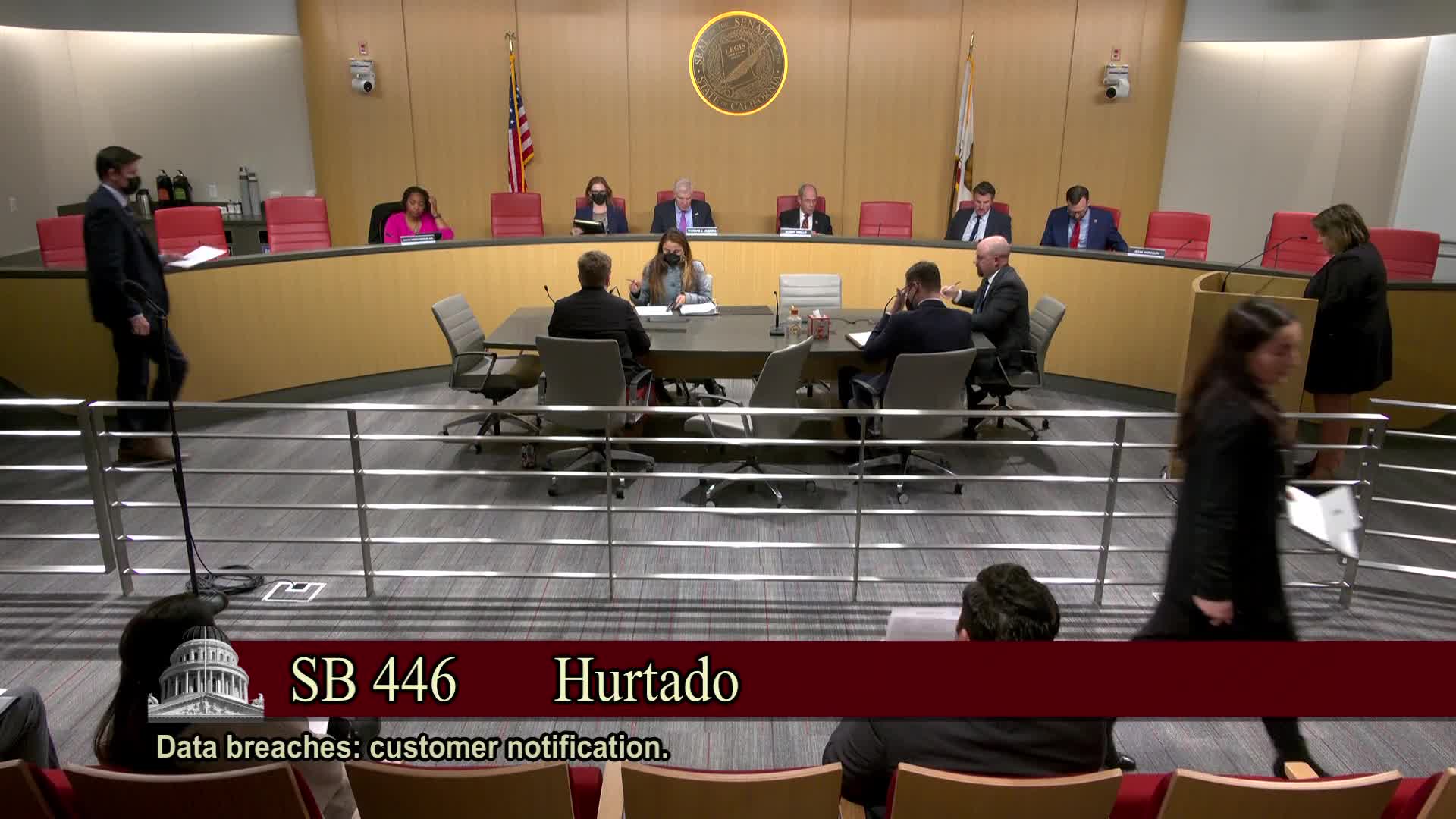
Subcommittee advances bill clarifying California jurisdiction for confirmatory adoptions
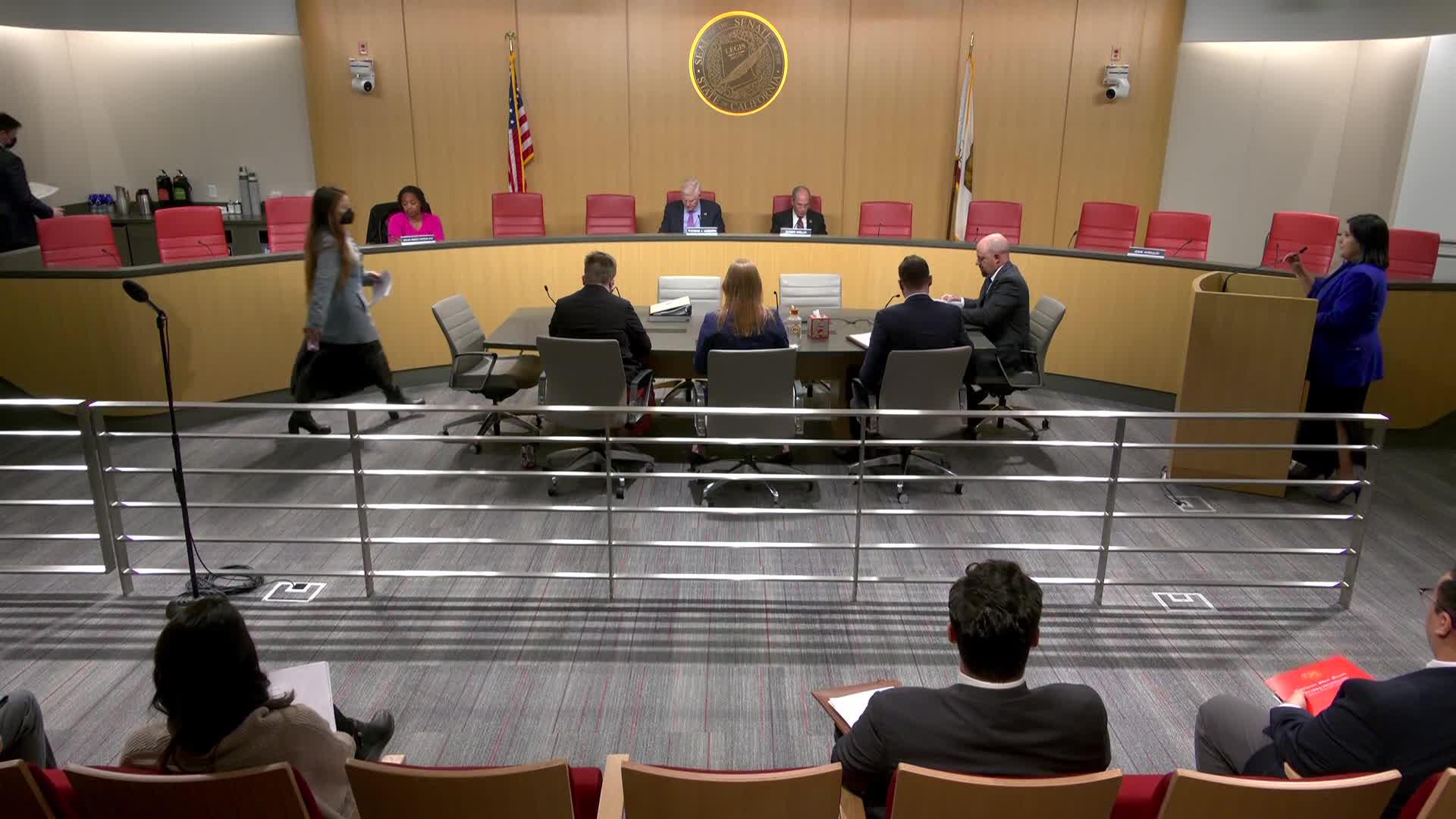
Senate panel advances bill requiring faster data-breach notices to Californians
